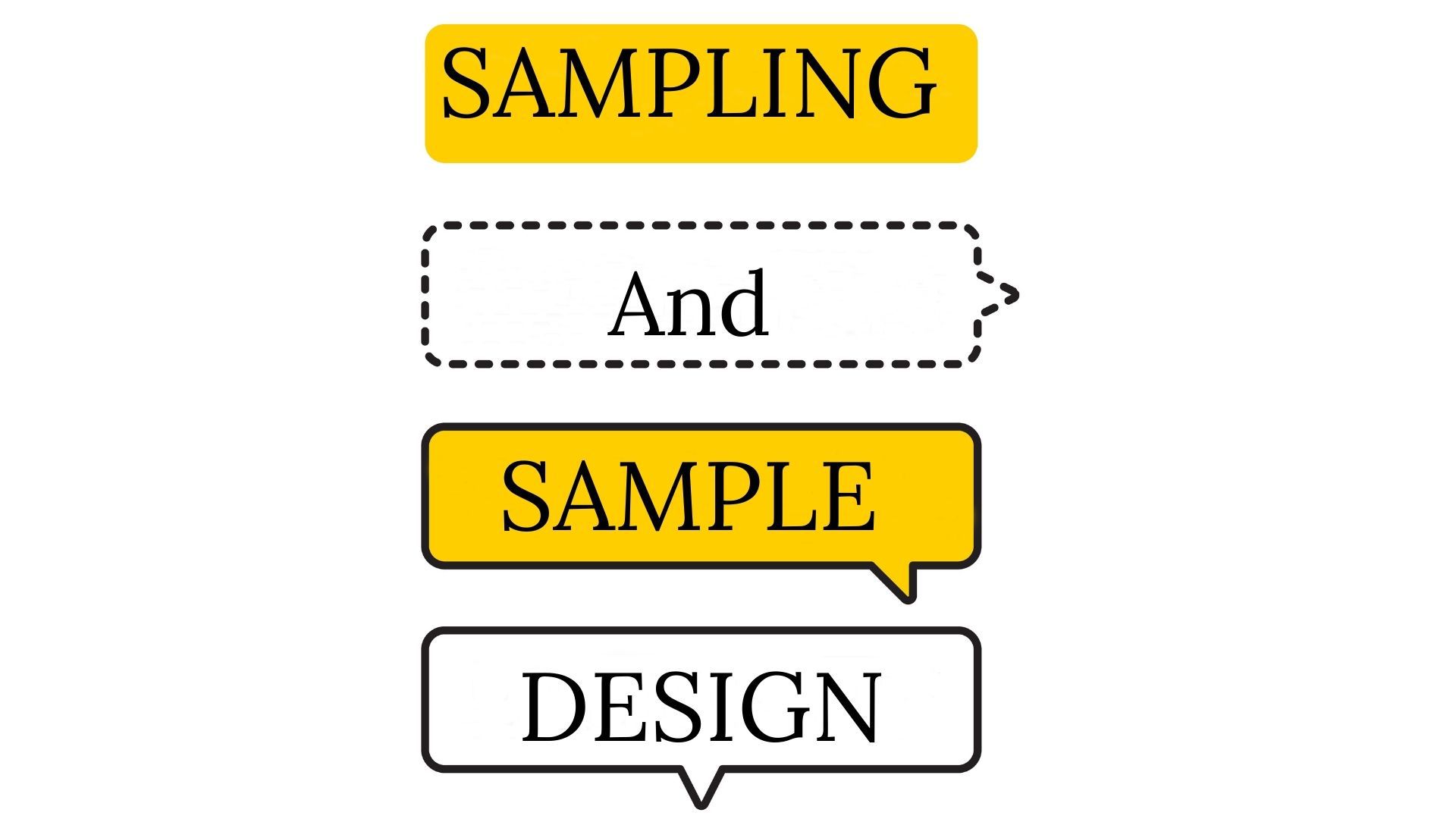
What is a Focus Group? Roles & Feedback of Focus groups
What is a Focus Group? Roles & Feedback of Focus groups
A focus group is a small collection of various people whose reactions are studied about a new product or something similar to determine reactions from a larger group of people. Let us break down the components of the Focus groups:
- The small collection of a variety of people: typically involves 5-10 people. Lesser would mean less diverse and more would be chaotic. Hence the small collection of a focus group.
- Reactions are studied about a new product: their reaction to new products is studied and that may include their attitudes, beliefs, desires, and reactions to concepts.
- Determine reaction from a larger group of people: These focus groups will act as a sample for the company to determine the sort of reactions that their product or service would elicit from a larger audience or public in general. The opinions they share help companies improve their products, services, and brand imaging.
Unlike an interview, the focus group allows the participated people to be natural, spontaneous, and to interact without peer pressure. All the focus groups while observers do maintain their distance and try to be as discreet as possible to note down the reactions from the group.
In general, focus groups are NOT the preferred option where:
- There is a quantitative measure more than qualitative
- The participant group is very small
- There is a need to not let the participants get influenced by the opinion of other participants in the same or different group
- The topics are sensitive and personal like social identification number or personal preferences
- Participants require previous preparation to answer
Table of Contents
Study and Key parameters
1) The participants :
Typically, any Focus group will involve 5-10 people, small enough for everyone to share insights and feelings frankly and without any hindrance but large enough to provide group interaction and experience diversity in the group. A smaller focus group than this can restrict diversity and present a constricted pool of ideas while a larger audience may inhibit individual participation. The choice of participants is of paramount importance for the success of the focus groups and the companies conducting focus groups to make sure that all the participants are diverse enough.
2) Homogenous Experience :
Although it is reiterated that diversity in participants is crucial, there should also be a similarity in the nature of participants. The participants in focus groups should have a common background or share something similar which will be the basis for the recruiter to select the participants in the first place for the focus groups.
For example, it is essential that while researching for a new laptop, the participants should have basic knowledge of the usage of laptops and should be familiar with its usage of various programs. Diversity can be included in the age group, occupation, and usage types of participants like the usage of a laptop by a student, a graphic designer, a marketer, a housewife, a computer engineer, and a typist.
3) Information :
A focus group is much more than an interview and the observer should be skilled enough to note not only the quantitative aspects but also qualitative aspects of the discussion, pictures, symbols, or even the reactions of the participants. The involvement and interaction of focus groups amongst each other is the key parameter in the process. The observer should note all the information he can from the focus groups.
4) Discussion topic :
Designing of questions is to be done carefully so that they derive apt responses from the individuals in focus groups. Also, the organization should be in a careful way so that the flow of the focus group discussion is clear. There may be diversion over the topic within permissible limits but the focus of discussion should not divert.
Role of groups
There are various roles for focus groups.
1) Direct information:
Focus groups give marketers directly, first hand and undiluted information, opinions, and thoughts about the product. Even when the company takes feedback or a survey, it is not directly involved and engaged with customers. The Focus group ensures direct participation and feedback.
2) Improvisation :
The focus group helps the company to change, adjust, or redesign the product entirely based on the feedback of the focus group and this ensures them to improve the product. It is advisable that companies test the product on the focus group in the early stages of product development so that changes if any, can be incorporated easily and future costs can be avoided.
3) Feedback of focus groups :
The feedback of the focus groups is important and allows the companies to prepare themselves with answers of common questions that can be elucidated from the larger focus groups of the audience. The positive feedback, if any, can be used in advertising and to promote the product while negative feedback can be considered and made changes accordingly.
4) Cost-saving :
Focus groups are less expensive for companies and they can invest in the group much handsomely than later if the product does not work in the market. The failure of a product in the market can tarnish the image of the company and the product as well. Hence, focus groups are more economic for any company to invest in.
Types of Focus Groups
- Two-way focus groups – Two groups are involved. one focus group watches another group and discusses the observations amongst themselves.
- Dual moderator focus group – A single moderator ensures the session progresses smoothly along a predetermined path, while another ensures that all the discussion topics are covered.
- Respondent moderator focus group – One of the participants is asked to act as the moderator for some time.
- Client participant focus groups – One or more client representatives participate in the discussion, either by announcing to the group or unknowingly.
- Tele focus groups – Telephone or mobile phones are used for the group to conduct the discussion.
- Online focus groups – an Internet-based focus group, which is becoming more and more popular. One of the most economical of all types, this method also ensures that geographically separated and distant people can participate in this.
Advantages of groups
- Focus groups help hear feedback in customers’ own words, the most personal kind of customer review a company can get.
- Uncover ideas and issues that your team may not have considered but are important to your customer.
- Enjoy the flexibility of diving deeper into issues that come up during the discussion.
- Customize the discussion and program the flow of the discussion
Disadvantages groups
- At times, the focus group can get expensive like expenses of travel to multiple locations to get perspectives from different demographics.
- There is a risk of getting varied results when an outspoken participant or participants dominate the discussion.
- Recruiting qualified participants may be hard due to the time commitment involved in certain groups.
- Significant time and effort are needed to organize and conduct a focus group.
Conducting Focus Groups
Following is an arbitrary guide to conduct a focus group
- Decide the topics of the session
- Design logical and clear questions which provide conclusive results
- The inclusion of open-ended questions to encourage discussion
- Questions to be arranged in a natural way
- Skilled moderator for conducting the discussion
- A predesigned guide for a moderator to conduct the session
- Record the sessions
- Have one or more note takers to record
- Conduct a post-session discussion to get an in-depth view of participants
A famous example of a Focus group would be Walt Disney. Disney has established regular “kid-centric” focus groups consisting of young children or kids. They have tied up with schools and preschools around their Los Angeles headquarters.
In exchange for the kids for the survey, the schools are provided with donations and the kids are given stickers as freebies. Kraft Foods, Southwest airlines are other major organizations that conduct Focus groups routinely for their products and services.








